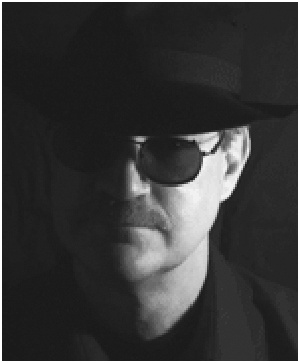Chapter 35. Scope Is the Enemy of Success
Dave Quick is the owner, chief architect, janitor, and sole employee of Thoughtful Arts. Thoughtful Arts develops off-the-shelf software for musicians and provides software design consulting for companies who develop music, or arts-oriented software.

SCOPE REFERS TO A PROJECT'S SIZE. How much time, effort, and resources? What functionality at what level of quality? How difficult to deliver? How much risk? What constraints exist? The answers define a project's scope. Software architects love the challenge of big, complicated projects. The potential rewards can even tempt people to artificially expand a project's scope to increase its apparent importance. Expanding scope is the enemy of success because the probability of failure grows faster than expected. Doubling a project's scope often increases its probability of failure by an order of magnitude.
Why does it work this way? Consider some examples:
Intuition tells us to double our time or resources to do twice as much work. History[2] says impacts are not as linear as intuition suggests. For example, a four-person team will expend more than twice the communication effort as a team of two.
Estimation is far from an exact science. Who hasn't seen features that were much harder to implement than expected?
Of course, some projects aren't worth doing without some built-in size and complexity. ...
Get 97 Things Every Software Architect Should Know now with the O’Reilly learning platform.
O’Reilly members experience books, live events, courses curated by job role, and more from O’Reilly and nearly 200 top publishers.

